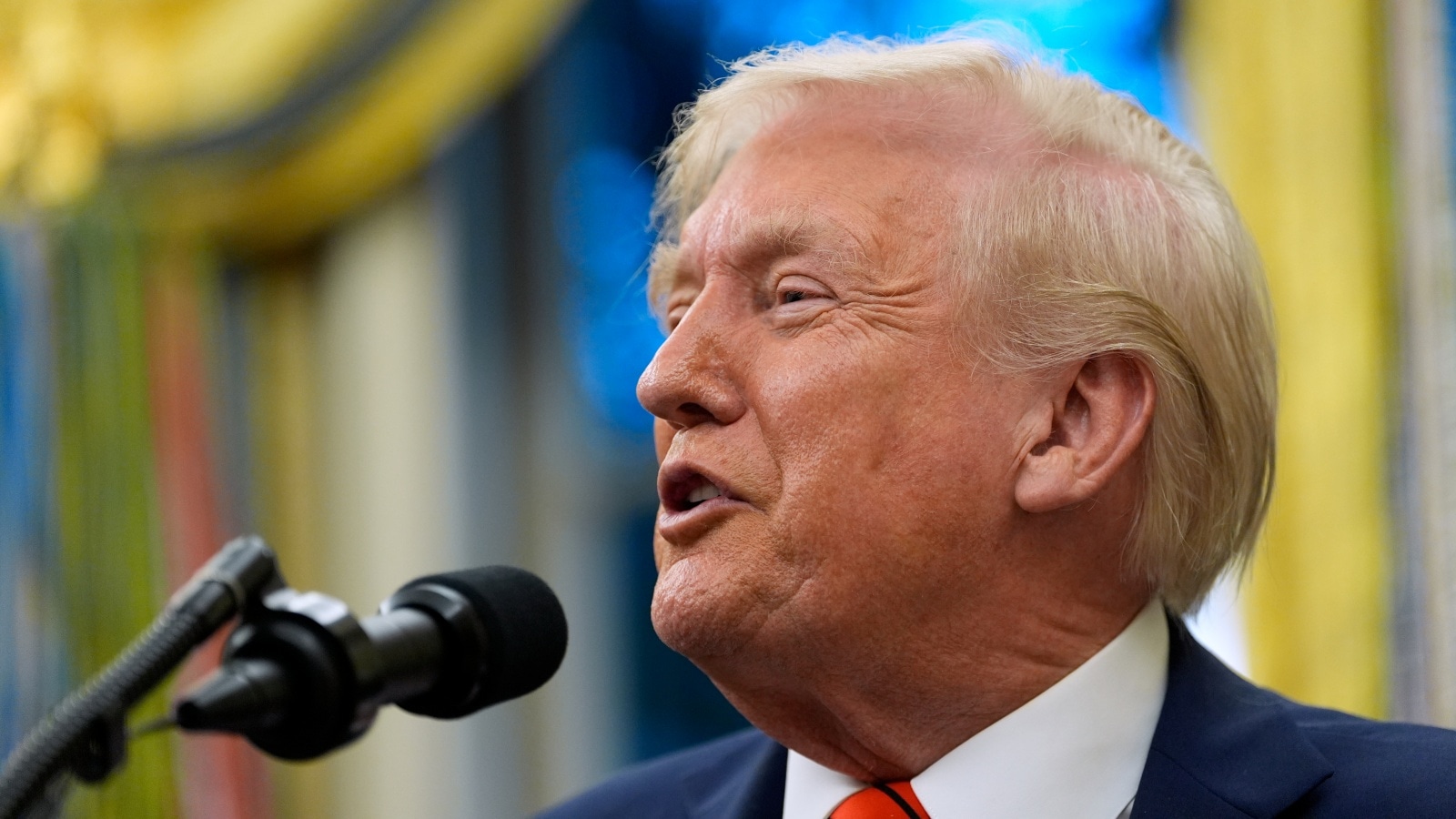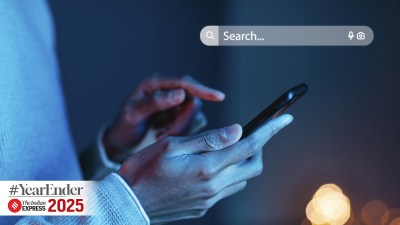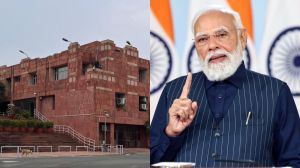A month after US President Donald Trump announced a sweeping overhaul of the H-1B visa system that targets skilled Indians, the US chamber of Commerce has legally challenged the exorbitant $100,000 fee for H-1B visa petitions, calling it “unlawful”.
Trump had, on September 19, signed an order that will raise the fee for these visas to $100,000 (Rs 88 lakh) annually, making it prohibitively expensive for companies to hire foreign professionals in the US. A day later, the administration clarified that the new fee was a “one-time payment” applicable only to “new petitions and does not apply to current visa holders”.

Currently, the H-1B visa fee ranges from about $2000-$5000 depending on employer size and other costs. The visas are valid for three years and can be renewed for another three years. Companies pay to sponsor H1B applicants.
The Chamber’s litigation argues “the new fee is unlawful because it overrides provisions of the Immigration and Nationality Act that govern the H-1B program, including the requirement that fees be based on the costs incurred by the government in processing visas.”
Neil Bradley, Executive Vice President and Chief Policy Officer at the US Chamber of Commerce, said, “The new $100,000 visa fee will make it cost-prohibitive for U.S. employers, especially start-ups and small and midsize businesses, to utilize the H-1B program, which was created by Congress expressly to ensure that American businesses of all sizes can access the global talent they need to grow their operations here in the U.S.”
“President Trump has embarked on an ambitious agenda of securing permanent pro-growth tax reforms, unleashing American energy, and unraveling the overregulation… The Chamber and our members have actively backed these proposals to attract more investment in America. To support this growth, our economy will require more workers, not fewer,” he said.
Praising Trump for his border reforms, Bradley said: “With the border secure, we now have a once-in-a-generation opportunity to accomplish targeted legal immigration reforms… The president has said he wants to educate, attract, and retain the world’s best and brightest in the U.S., and the Chamber shares that goal,” he said.
It said the Chamber has many tools to influence public policy and regularly deploys resources to help create the conditions that drive U.S. investment and job creation.
Story continues below this ad
During the first Trump Administration, the U.S. Chamber successfully challenged in court several administration actions that limited the ability of American employers to utilize the immigration programs created by Congress.
The lawsuit, filed Thursday in a district court in Columbia, argues that it violates the Immigration and Nationality Act by overriding Congress’ authority to regulate the H-1B visa programme.
The departments of Homeland Security and State, along with their secretaries, Kristi L Noem and Marco Rubio, respectively, have been named as defendants.
The president, it said, has significant authority over the entry of noncitizens into the US, but that authority is bounded by statute and cannot directly contradict laws passed by Congress.
“If implemented, that fee would inflict significant harm on American businesses, which would be forced to either dramatically increase their labour costs or hire fewer highly skilled employees for whom domestic replacements are not readily available,” it said. The Chamber said such restrictions would also hand an economic advantage to America’s rivals.
Story continues below this ad
Indian-born professionals are the biggest beneficiaries of these visas. Between October 2022 and September 2023, 72 per cent of the nearly 4 lakh visas issued under the H-1B programme went to Indian nationals.
During the same period, top four Indian IT majors with a presence in the US – Infosys, TCS, HCL, and Wipro – obtained approval for around 20,000 employees to work on H-1B visas, as per the latest US Citizenship and Immigration Services (USCIS) data.
Responding to the visa overhaul, New Delhi had said that this measure is likely to have “humanitarian consequences by way of the disruption caused for families” and the Indian government expressed hope that these disruptions can be “addressed suitably by the US authorities”.

































